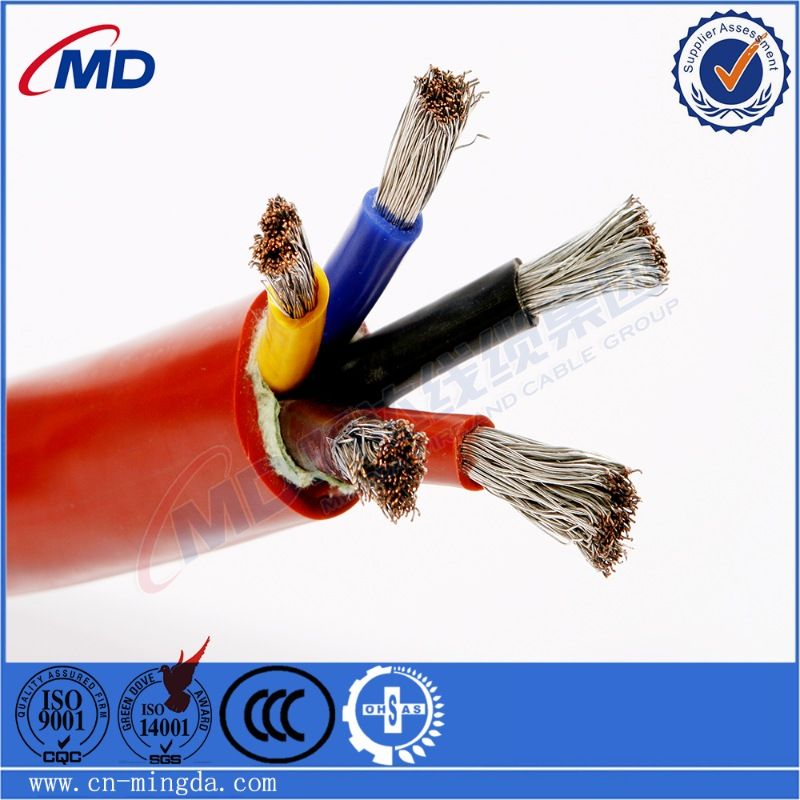Nov . 30, 2024 13:14 Back to list
Understanding the Function and Importance of Industrial Gate Valves in Fluid Control Systems
Understanding Industrial Gate Valves Applications and Advantages
Industrial gate valves play a crucial role in various sectors where fluid control is essential. These valves are designed to provide a reliable means of starting and stopping the flow of fluids, whether they are gases, liquids, or slurries. Their construction and operation are pivotal in maintaining efficient system functionality and safety in industrial processes.
What is a Gate Valve?
A gate valve is a linear motion valve that uses a gate or wedge-like disc to control the flow of fluid. When the valve is fully opened, the disc is entirely lifted out of the flow path, permitting an unobstructed passage. Conversely, when the valve is closed, the disc blocks the flow, ensuring no fluid passes. This makes gate valves particularly suitable for applications that demand minimal pressure drop and negligible turbulence.
Key Characteristics
1. Design and Construction Gate valves generally have a simple design, which contributes to their durability. They can be constructed from various materials including stainless steel, brass, and cast iron, depending on the application and fluid characteristics.
2. Types There are several types of gate valves, including wedge gate valves, parallel gate valves, and expanding gate valves. Each type serves distinct applications based on specific flow requirements and operational conditions.
3. Sealing Mechanism The sealing mechanism is essential in gate valve design. Most gate valves utilize a resilient seat, which ensures a tight seal when closed. The effective sealing prevents leakage and preserves system integrity.
Applications of Gate Valves
Industrial gate valves are widely used in multiple sectors, such as
- Oil and Gas Industry Gate valves are often employed in pipeline systems for transporting crude oil and natural gas
. They are vital for isolating sections of a pipeline during maintenance.industrial gate valve

- Water Treatment Plants In water treatment facilities, gate valves control the flow of water during various stages of processing, ensuring the proper treatment and distribution.
- Chemical Processing These valves are also prevalent in chemical plants, where they regulate the flow of corrosive substances under high pressure and temperature.
- Power Generation In power plants, gate valves are used in boiler feed water systems and cooling water lines, helping to manage flow effectively and ensure operational safety.
Advantages of Gate Valves
1. Minimal Flow Resistance One of the significant advantages of gate valves is their ability to provide a near-complete flow area when open, resulting in minimal pressure drop across the valve.
2. Durability Gate valves are built to handle high pressures and corrosive environments, making them suitable for demanding industrial applications.
3. Ease of Operation They can be operated manually or automatically, depending on the design. The straightforward opening and closing mechanism allows for quick operation, which is critical in emergency situations.
4. Cost-Effectiveness Despite their robust design, gate valves are generally cost-effective solutions for fluid control, offering longevity and reliability without breaking the budget.
Conclusion
In summary, industrial gate valves are an integral component of fluid control systems across various industries. Their efficient design, durability, and low flow resistance make them ideal for applications that require reliable operation under demanding conditions. Understanding the functionality and benefits of these valves enables industries to make informed decisions that enhance operational efficiency and safety. As technology advances, the design and application of gate valves will likely evolve, ensuring they continue to meet the ever-changing needs of industrial processes.
Share
-
Reliable Wafer Type Butterfly Valves for Every IndustryNewsJul.25,2025
-
Reliable Flow Control Begins with the Right Ball Check ValveNewsJul.25,2025
-
Precision Flow Control Starts with Quality ValvesNewsJul.25,2025
-
Industrial Flow Control ReliabilityNewsJul.25,2025
-
Engineered for Efficiency Gate Valves That Power Industrial PerformanceNewsJul.25,2025
-
Empowering Infrastructure Through Quality ManufacturingNewsJul.25,2025